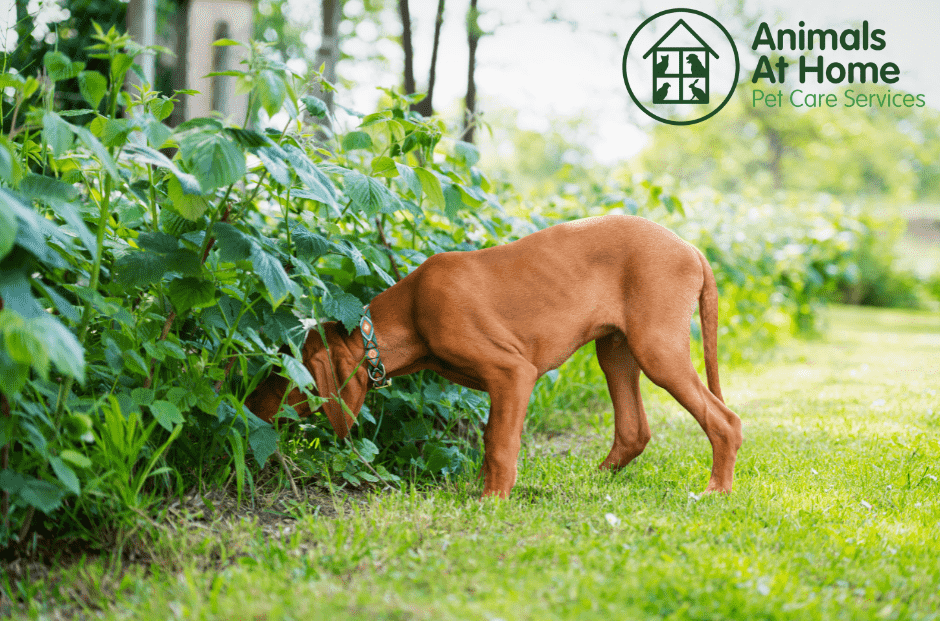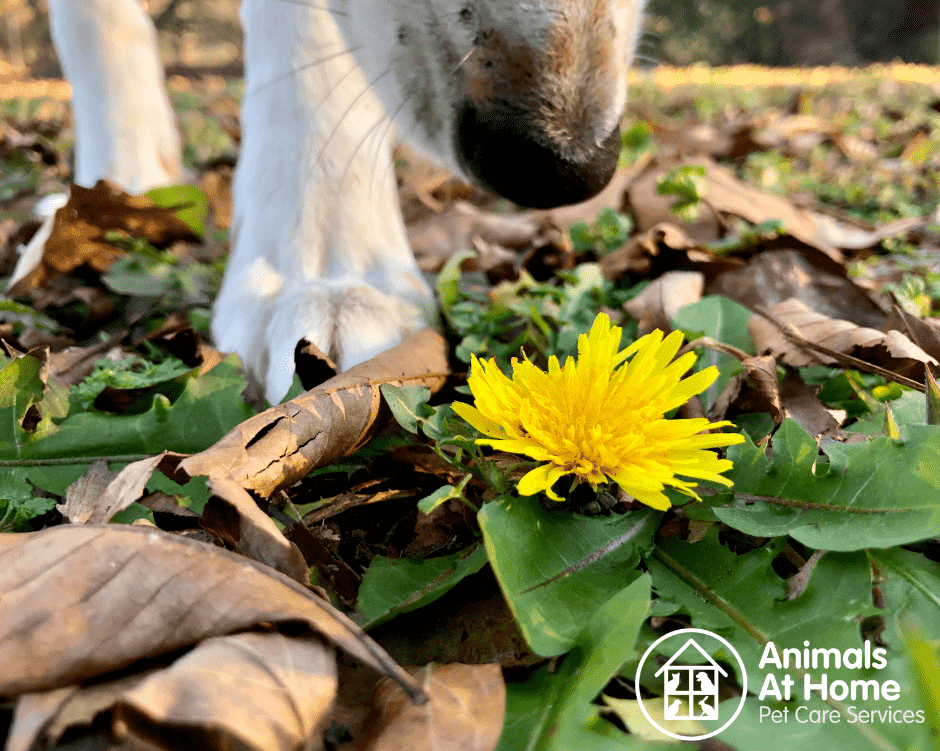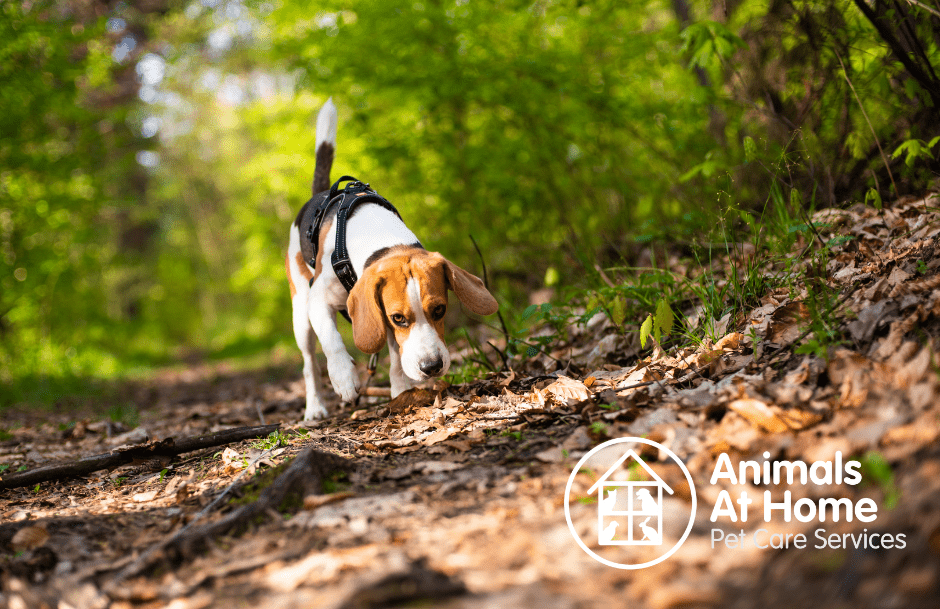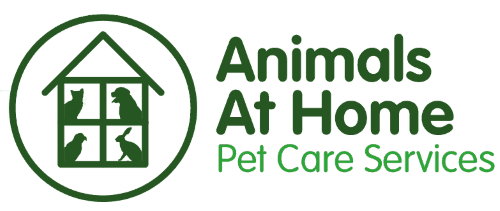Yes, we’ve all been there; the pre-work rushing around routine. Get the kids breakfast, answer the work emails intruding on the run up to the school run; pack the bag for work, or turn the laptop on upstairs in the loft office. Oh, there was one more thing? Oh yes, Rover needs a wee and a ‘visit’ after his breakfast. “Come on, let’s get you out!”
The quick turn-out into the garden, or if you’re (and Rover’s) lucky, a brief run around the corner to the green space where Rover ‘does his/her thing’. Back indoors to the rush of the morning routine, and we’re away out of the house; Whoosh!
That’s all well and good because Rover’s done ‘what he/she needs to do’ and you know that someone’s popping home at mid-morning and your loyal and hard-working dog walker is coming around lunchtime; but what does Rover think of all the hullaballoo, and more importantly, what does Rover need!?
The weekend walks are often very different to the family weekday ones; there’s more time and you’re able to get out further than the green space near the house. It’s just what you need to relax, recharge and enjoy your down-time. You’ll wander along to the park or jump in the car for a further-afield yomp with the family; all interacting, looking at the sights and watching the world go by. That’s you and the other humans; but what about Rover?
Well, funnily enough, Rover needs the same! Of course, he/she needs the exercise (don’t we all??), but just like your walk; there’s more to it.
Rover will love the interaction with you and the family, he/she will love chasing a ball or toy (remember, no sticks!), they’ll adore meeting new friends both human and furry, and poking around the scenery.
Just like you and your fellow humans, they’ll want to chat with other like-minded souls and ask where they’ve been and what they’ve been up to; and also enquire about their health and whether they’re feeling ok or are under the weather. Of course, that’s not something that’s verbalised like our human chats (unless Rover is feeling particular ‘shouty’ that day!).
Dogs ‘see’ all the above by using one of their superpowers! Super-Nose!! Their sense of smell is remarkable, and they should be able and allowed to use it when they’re out and about. Depending on the breed, dogs have 10,000 – 100,000 times better smell than ours.
They have approximately 300 million scent receptors, as opposed to our roughly 6 million, and the part of the brain that processes scent is (proportionally) 40 times better than ours. If you put smell into a comparison of sight; we’ll see about third of a mile where Rover and his doggy pals would see 3000 miles!!
On a basic street walk or a walk through woods or along a beach, by mooching (or pooching?) about, they’ll be able to tell which humans and dogs have been by and when, which ones they know and which ones they’d like to know. They can tell so much from smelling their surroundings, be it a lamppost, gateway, trouser leg or bottom (hopefully a dog one; and it’s rude to linger!).
We need to give them the time to sniff. It may not happen on the morning rush-routine, but the after-work walk and most certainly the more relaxed and structured walks certainly need sniff-time. (Your dog walker needs to know this too!).
So, what are the benefits to Rover and his/her pals?
For reactive or anxious dogs, the time spent sniffing can help them relax. They’ll have more time to absorb and compute any ‘threats’ they perceive and hopefully figure out that it’s not a threat at all; therefore enjoying what they’re doing and relaxing.
Dogs that are very boisterous or high-energy can benefit by sniffing before the running around. The pre-running sniffs will get them into the right mindset for a more stimulated walk and may take the edge off the desire to run.

Sniffing makes dogs happy. Their natural behaviour is to poke around (scavenge, roam and smell), find out what’s going on in the neighbourhood and react to what they can smell and see. We, as their companions need to stimulate those behaviours which are hard-wired into them over 1000’s of years or wild, and domestic living.
When Rover is being cared for by someone else such as your dog walker or home boarder then they need to replicate your walk routine and also ensure their charge (Rover) has the exercise he/she needs according to his/her breed, age, fitness and character, but also the stimulation like ball-throwing, hide and seek; and fulfilment, like sniffing, stopping, poking about and generally doing ‘doggy stuff’.
Your dog walker should adhere to the Professional Dog Walker’s Guidelines which is a document written by the Pet Industry Federation, the RSPCA, the Dog’s Trust and the Canine & Feline Sector Group. The document is aimed at ensuring professional dog walkers do what they can to make sure Rover, and his pals have a stimulating and fulfilling walk, within his fitness, comfort zone and character.
Animals at Home franchisees are professional dog walkers and licensed home boarders, and they all adhere to the Professional Dog Walker’s Guidelines to ensure Rover et al have a good time with them, and are returned to their homes or families in a tired (in a good way, not an exhausted way!), content, happily sniffed-out and ready for down-time.
Rover is then recharged and up for the next day’s morning rush routine and can look forward (yes, they can look forward … it’s linked to their sense of smell in a way) to the next walk with their dog walker and certainly the next weekend-style walk with his adoring humans for those all-encompassing, wonderful, all-telling sniffs!
